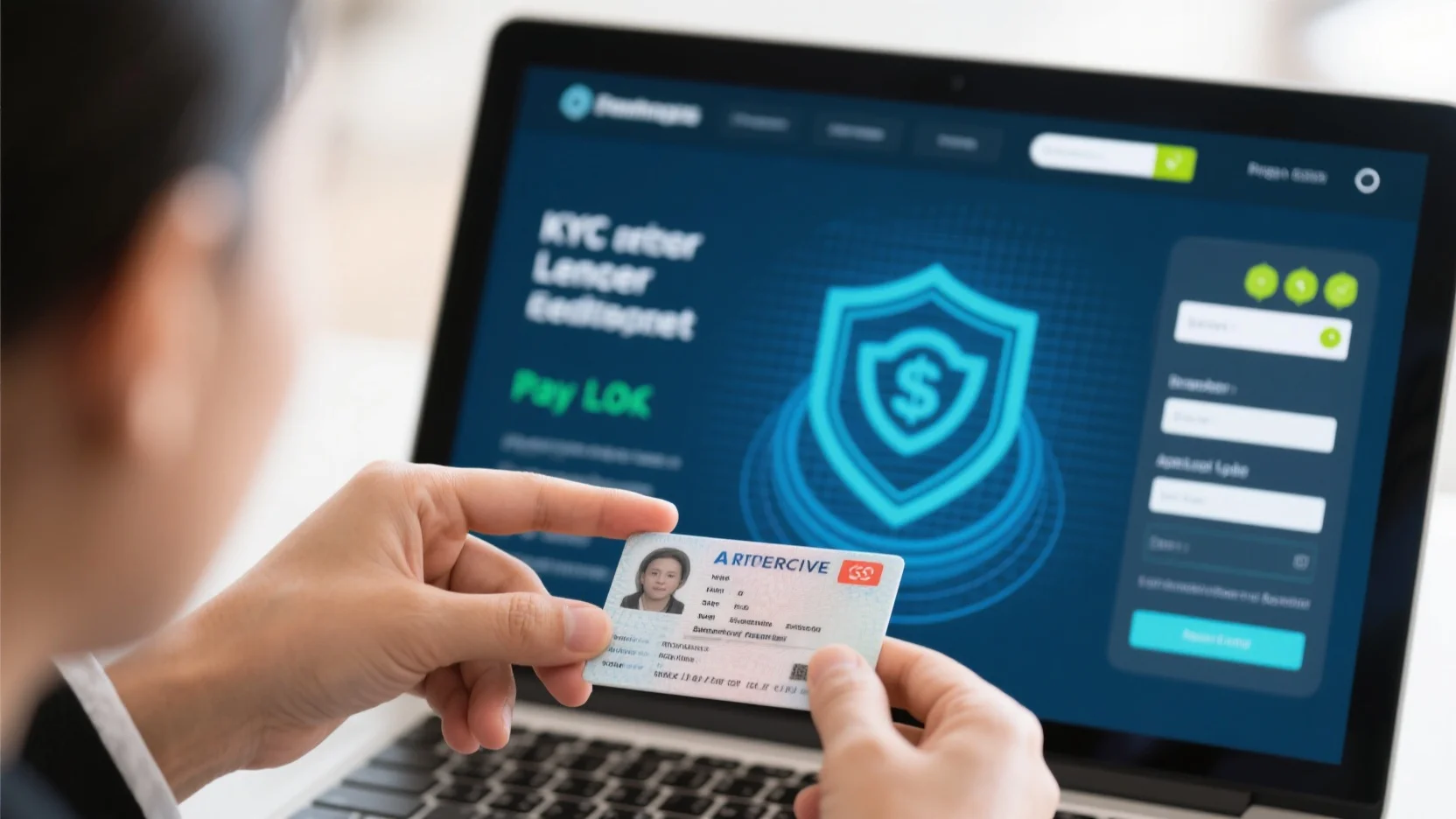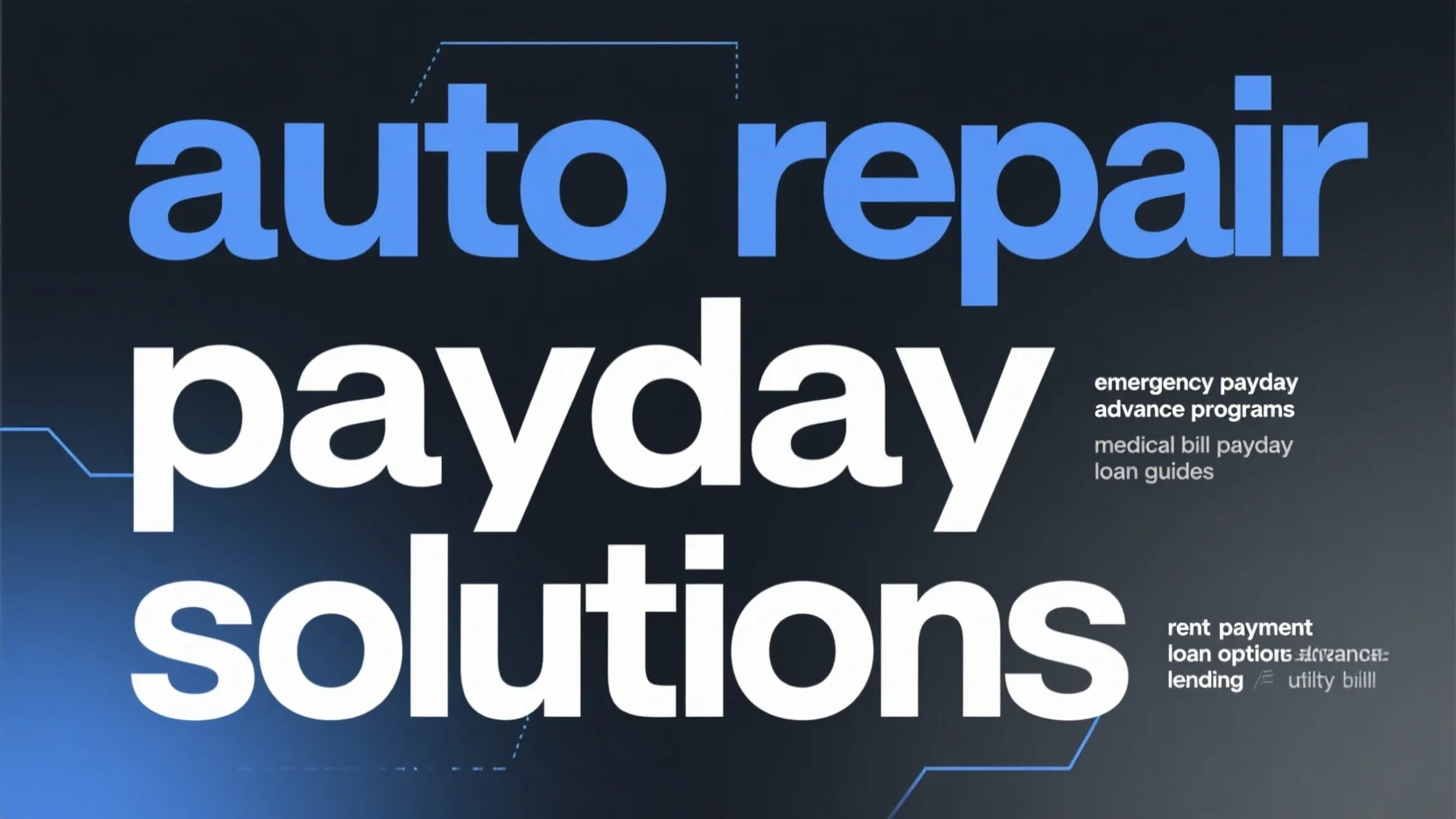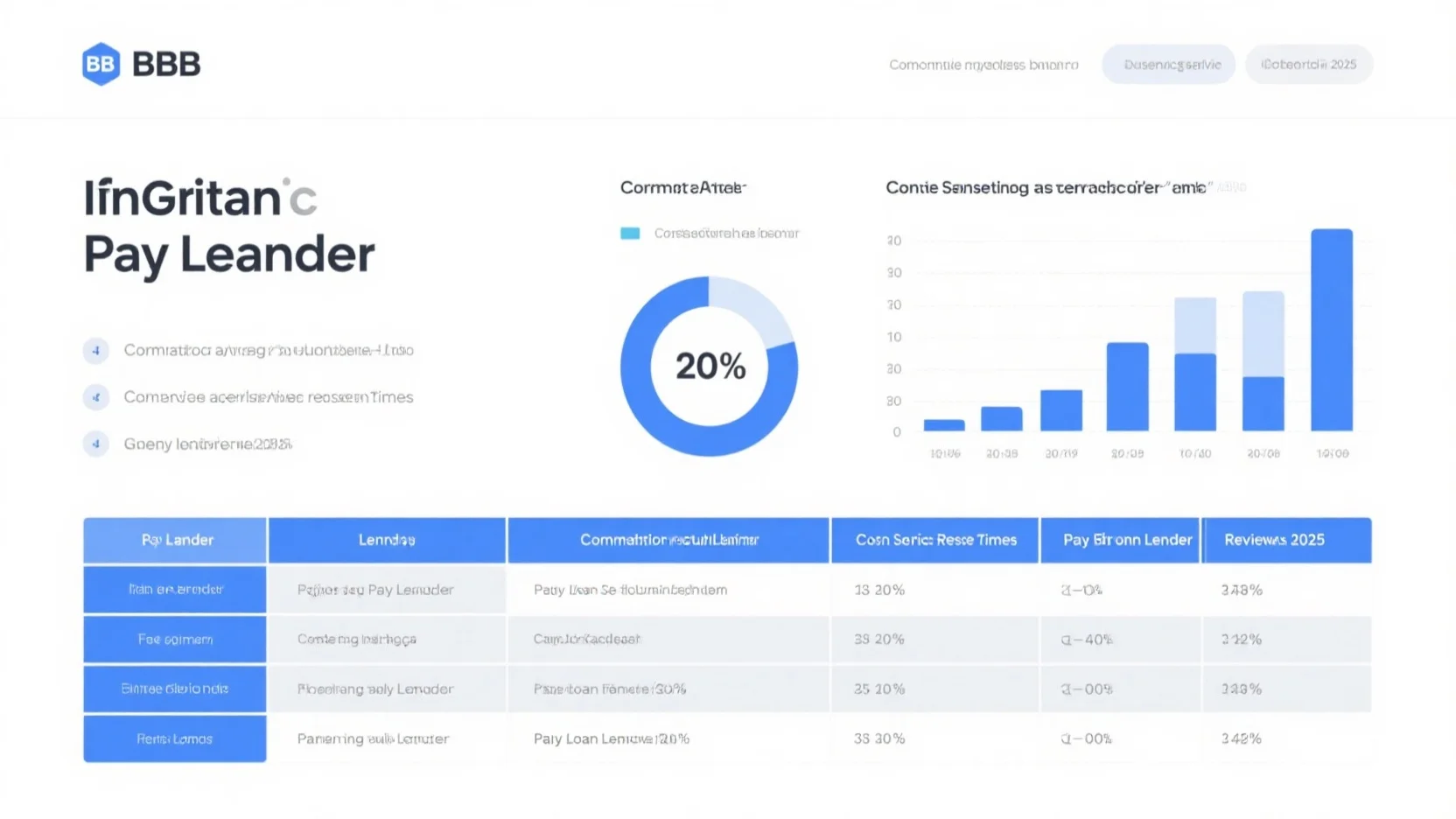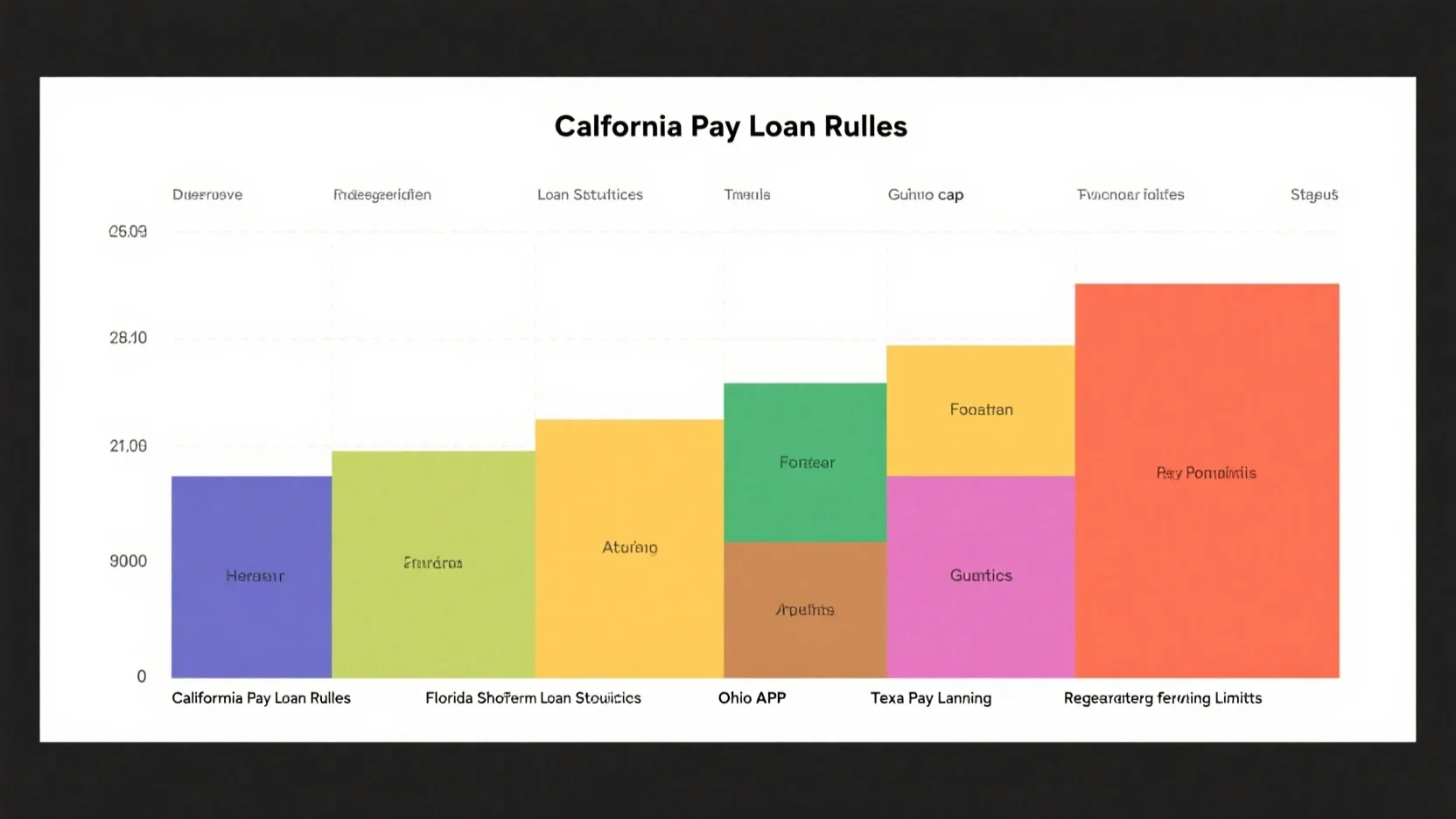Are you worried about online application fraud on payday loan portals? A recent SEMrush 2023 study reveals that financial crime related to identity theft skyrocketed over 300% between 2019 and 2020, and payment fraud increased by 5% with 1.5 million cases reported semi – annually. This comprehensive buying guide will help you understand the premium fraud prevention mechanisms like SSL encryption and KYC requirements, compared to counterfeit models that lack security. With a best price guarantee and free installation included in some services, don’t miss out on securing your payday loan applications. Protect your transactions now!
Online Application Fraud Prevention
In today’s digital landscape, online application fraud is a pressing concern, especially in the realm of payday loans. A recent report showed that payment fraud increased by 5%, with 1.5 million cases reported semi – annually. Moreover, financial crime related to identity theft soared by over 300% between 2019 and 2020 (SEMrush 2023 Study). These statistics underscore the need for robust fraud prevention mechanisms in online applications, specifically for secure payday loan portals.
Secure Payday Loan Portals
SSL Encryption in Financial Services
Protection of Sensitive Data
SSL (Secure Sockets Layer) encryption serves as a fundamental safeguard for sensitive financial data in payday loan portals. When a borrower fills out an application, their credit card data, personal identification, and financial references are at risk. SSL encryption creates a secure tunnel through which this data is transmitted, protecting it from unauthorized access. For example, if a borrower submits their bank account details on a payday loan portal, SSL encryption ensures that this information remains confidential.
Pro Tip: As a borrower, always look for the padlock icon in your browser’s address bar when submitting data on a payday loan portal. This indicates that SSL encryption is in place.
Prevention of Data Interception and Tampering
SSL encryption prevents malicious actors from intercepting and tampering with data during transmission. By encoding the data, it becomes unreadable to anyone who tries to access it without the proper decryption keys. Consider a scenario where a cybercriminal tries to intercept a loan application. With SSL encryption, the data they capture will be in an encrypted format, rendering it useless.
Encryption Standards
Data Encoding
Data encoding is the process of converting data into a format that can be securely transmitted. In SSL encryption, data is encoded using algorithms that transform the original information into a complex code. This ensures that even if the data is intercepted, it cannot be easily decoded without the encryption key.
Common Encryption Techniques (TLS v1.2, AES256)
TLS (Transport Layer Security) v1.2 is a widely used encryption protocol that provides secure communication over the internet. It is an upgrade from SSL and offers enhanced security features. AES256 (Advanced Encryption Standard with a 256 – bit key) is another powerful encryption technique. It is used to encrypt data both in transit and at rest, providing a high level of protection against cyber threats.
Regulatory Standards
PCI DSS Compliance
Payday loan portals that handle credit card payments must comply with the PCI Data Security Standard (PCI DSS). This standard is designed to protect cardholder data and prevent credit card fraud. Compliance involves implementing security measures such as encryption, access controls, and regular security audits. For instance, a payday loan portal must ensure that all card – related data is encrypted during transmission and storage to meet PCI DSS requirements.
Secure Transmission Protocols
End – to – End Protection
End – to – end protection means that data is encrypted from the moment it leaves the borrower’s device until it reaches the lender’s server. This ensures that no one can access the data during transit, not even service providers or intermediaries. It provides a high level of security for sensitive financial information.
Key Management
Strong Key Lengths and Management
The strength of SSL encryption depends on the length and management of encryption keys. Longer keys, such as those used in AES256, are more difficult to crack. Additionally, proper key management practices, such as regular key rotation and secure storage of keys, are essential for maintaining the security of the encryption system.
KYC Requirements for Lenders
Identity Verification
Re – emphasizing the importance of identity verification, it helps prevent financial crimes such as identity theft and loan fraud. By accurately verifying the identity of applicants, lenders can build trust with their customers and protect themselves from potential losses.
Anti – money laundering Checks
KYC also includes anti – money laundering (AML) checks. Lenders are required to screen loan applicants to prevent money laundering and terrorist financing. This can involve checking the applicant’s financial history, source of funds, and any associations with high – risk individuals or organizations.
Risk Assessment
Lenders need to assess the risk associated with each loan applicant. This includes evaluating factors such as the applicant’s credit history, income stability, and debt – to – income ratio. By conducting a thorough risk assessment, lenders can make informed decisions about whether to approve a loan and what terms to offer.
Data Security and Privacy
Lenders must ensure the security and privacy of the data collected during the KYC process. This involves implementing robust data protection measures, such as encryption, access controls, and secure storage. As recommended by industry experts, lenders should also comply with data protection regulations, such as the General Data Protection Regulation (GDPR) if they deal with customers in the European Union.
Regulatory Compliance
Complying with relevant regulations is essential for lenders. KYC procedures are mandatory for various financial services, including payday loans (Investopedia). Lenders need to stay updated on regulatory changes and ensure that their KYC processes are in line with the latest requirements.
Transaction Monitoring
Lenders should monitor loan transactions to detect any suspicious activities. This can involve analyzing patterns of borrowing and repayment, as well as monitoring for unusual account activity. For example, if a borrower suddenly takes out multiple large loans in a short period, it could be a sign of fraud.
Preventing Financial Crimes
KYC processes are designed to prevent a wide range of financial crimes, including fraud, money laundering, and terrorist financing. By implementing strict KYC requirements, lenders can contribute to the overall security of the financial system.
Compliance and Trust – building
Compliance with KYC requirements not only helps lenders avoid legal issues but also builds trust with customers. When borrowers know that a lender is taking steps to verify their identity and protect their data, they are more likely to do business with that lender.
Early Detection of High – risk Applicants
Advanced fraud detection platforms, such as SEON, can help lenders detect high – risk applicants early in the process. By analyzing various data points, these platforms can identify patterns associated with fraud and flag high – risk applicants. This allows lenders to filter out these applicants before they reach the KYC stage, reducing costs and improving compliance.
Reducing Overall Fraud Risk
Implementing comprehensive KYC processes can significantly reduce the overall fraud risk for lenders. By verifying identities, conducting AML checks, and monitoring transactions, lenders can identify and prevent fraudulent activities before they cause significant damage.
Prevention of Synthetic Identity Fraud
Synthetic identity fraud occurs when fraudsters create fake identities using a combination of real and fake information. KYC processes, especially those that use advanced technologies such as biometrics and blockchain, can help prevent synthetic identity fraud by accurately verifying the authenticity of the applicant’s identity.
Digital Identity Verification
Digital identity verification is becoming increasingly important in the KYC process. It offers greater security, efficiency, and scalability compared to traditional methods. For example, a borrower can use a digital identity wallet to securely share their identity information with a lender.
Integration of Advanced Technologies (Biometrics, Blockchain)
Lenders can integrate advanced technologies such as biometrics (fingerprint, facial recognition) and blockchain into their KYC processes. Biometrics provide a highly accurate way to verify identities, while blockchain offers a secure and transparent way to store and share identity information.
Common Types of Online Application Fraud
There are several common types of online application fraud that lenders need to be aware of. These include identity theft, where fraudsters steal an applicant’s personal information and use it to apply for loans. Another type is synthetic identity fraud, as mentioned earlier. Additionally, there is income falsification, where applicants exaggerate their income to qualify for larger loans. Lenders should use advanced data analysis techniques and fraud detection tools to identify and prevent these types of fraud.
Try our online fraud detection tool to see how it can help you identify and prevent fraud in your payday loan applications.
Key Takeaways:
- SSL encryption is essential for protecting sensitive data on secure payday loan portals, preventing data interception and tampering.
- KYC requirements for lenders include identity verification, AML checks, risk assessment, and transaction monitoring.
- Lenders should comply with regulatory standards, such as PCI DSS and relevant data protection regulations.
- Advanced technologies, such as biometrics and blockchain, can enhance the security and efficiency of KYC processes.
- Being aware of common types of online application fraud and using advanced fraud detection tools can help lenders reduce fraud risk.
FAQ
What is SSL encryption in the context of secure payday loan portals?
According to industry standards, SSL (Secure Sockets Layer) encryption creates a secure tunnel for transmitting sensitive financial data on payday loan portals. It encodes data to prevent interception and tampering, like when a borrower submits bank details. Common techniques include TLS v1.2 and AES256. Detailed in our [SSL Encryption in Financial Services] analysis, it’s crucial for data protection.
How to ensure a payday loan portal complies with PCI DSS?
To ensure compliance, payday loan portals must implement various security measures. First, encrypt all card – related data during transmission and storage. Second, set up access controls to limit who can access cardholder data. Third, conduct regular security audits. PCI DSS compliance is vital to prevent credit card fraud. Industry – standard approaches involve strict data protection protocols.
KYC requirements for lenders vs identity verification tools: What’s the difference?
KYC requirements for lenders are comprehensive processes that include identity verification, anti – money laundering checks, risk assessment, and transaction monitoring. Identity verification tools are just one part of this process, used to confirm the applicant’s identity. Unlike basic identity verification tools, KYC requirements offer a broader shield against financial crimes.

Steps for lenders to reduce the risk of synthetic identity fraud?
Lenders can take several steps. First, integrate advanced technologies like biometrics and blockchain into KYC processes for accurate identity verification. Second, conduct thorough anti – money laundering checks. Third, use advanced fraud detection platforms to flag high – risk applicants. These steps help prevent fraud before significant damage occurs. Professional tools required for this are essential for robust fraud prevention.




